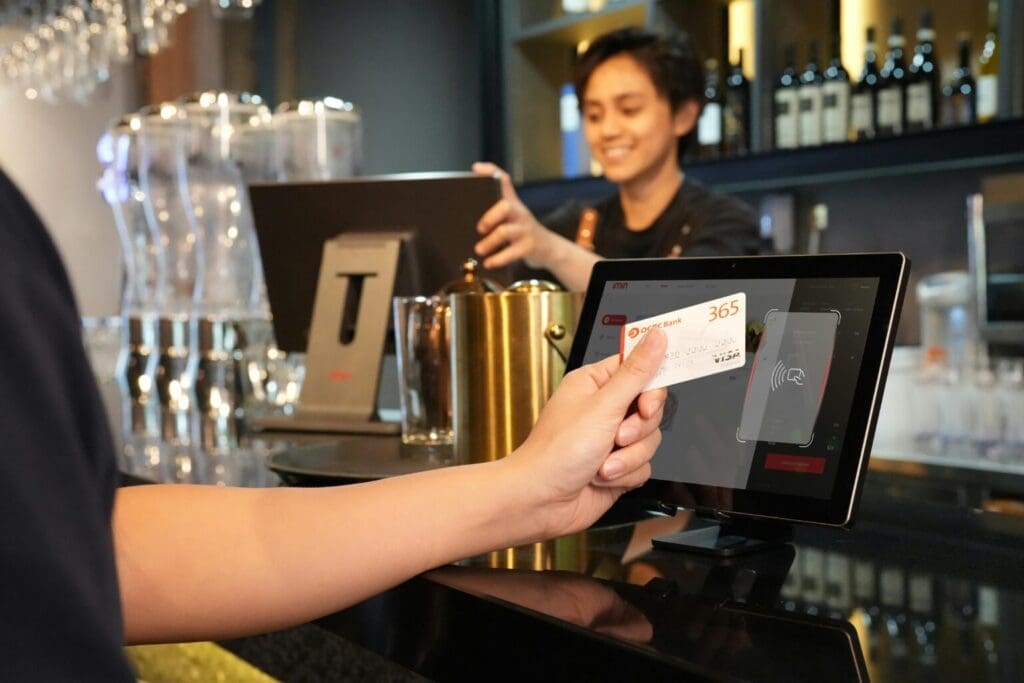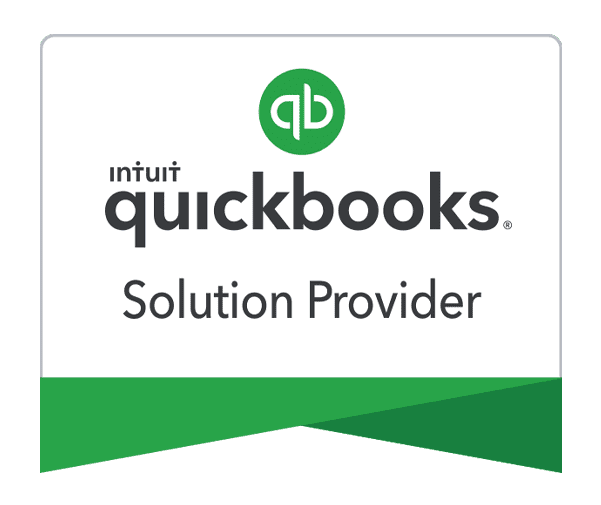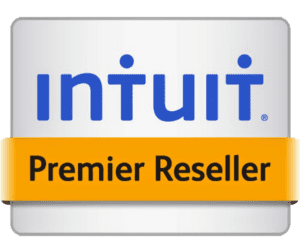Seamless Checkout Experiences: Integrating QuickBooks with POS Systems for In-Person Payments

Paygration, Inc.
Providing a seamless checkout experience is essential for customer satisfaction and business success. Integrating Point of Sale (POS) systems with QuickBooks allows businesses to streamline in-person payments, improve efficiency, and gain valuable insights into sales data. Let’s delve deeper into how POS integration in QuickBooks works, its top features, benefits, and how it enhances the checkout experience for both businesses and customers.
How POS Integration in QuickBooks Works
POS integration in QuickBooks facilitates the seamless exchange of data between the POS system and QuickBooks accounting software. This synchronization occurs in several key areas:
- Data Synchronization: Transaction data, including sales, refunds, and payments, is transmitted from the POS system to QuickBooks in real-time or at scheduled intervals. This ensures that both systems stay updated with the latest information.
- Inventory Management: Inventory levels are automatically adjusted in QuickBooks as items are sold through the POS system. This prevents overselling, helps maintain accurate stock levels, and provides insights into popular products and stock movements.
- Customer Sync: Customer information captured at the POS, such as contact details and purchase history, is synced with QuickBooks. This enables businesses to offer personalized service, targeted marketing, and loyalty programs based on customer preferences and buying behavior.
- Financial Reporting: Sales data from the POS system is integrated into QuickBooks, allowing businesses to generate detailed financial reports, track revenue, and analyze performance. This provides a comprehensive view of the business’s financial health and facilitates informed decision-making.
Top Features of POS Integration in QuickBooks
Real-Time Data Syncing
Transaction data is synced between the POS system and QuickBooks instantly, ensuring that both systems have access to up-to-date sales information. This feature benefits businesses by providing accurate and timely insights into sales performance, enabling better decision-making and accurate financial reporting.
Inventory Management
Inventory levels are automatically adjusted in QuickBooks as items are sold through the POS system, preventing overselling and ensuring accurate stock management. This feature eliminates the need for manual inventory tracking, reduces errors, and helps businesses optimize stock levels to meet customer demand.
Customer Relationship Management (CRM)
Customer data captured at the POS, such as contact details and purchase history, is synced with QuickBooks, enabling personalized customer interactions. By understanding customer preferences and purchase behavior, businesses can tailor marketing efforts, offer personalized promotions, and improve customer retention.
Financial Reporting
Sales data from the POS system is integrated into QuickBooks for detailed financial reporting, providing insights into revenue, expenses, and profitability. This feature enables businesses to track key financial metrics, identify trends, and make informed decisions to drive growth and profitability.
Multi-Location Support
Supports businesses with multiple locations or branches, syncing data from all POS systems to a centralized QuickBooks account. Centralizing sales and inventory data simplifies management and reporting for multi-location businesses, providing a unified view of operations across all locations.
Ease of Use
POS integration in QuickBooks is designed to be user-friendly, with intuitive interfaces and straightforward setup processes. This feature reduces training time for staff, minimizes errors in data entry, and improves overall efficiency at the checkout.
Benefits of POS Integration in QuickBooks
- Streamlined Operations: By automating data syncing between POS systems and QuickBooks, businesses can streamline their operations and reduce manual data entry tasks. This leads to increased efficiency, improved accuracy, and reduced administrative overhead, allowing staff to focus on delivering exceptional customer service.
- Improved Accuracy: Automated data syncing ensures accuracy in inventory management, financial reporting, and customer records. This reduces errors and discrepancies, improving the reliability of business data and financial reports.
- Enhanced Customer Experience: Access to real-time customer data enables businesses to provide personalized service, targeted promotions, and faster checkout experiences. Customers appreciate personalized interactions and efficient service, leading to increased satisfaction and loyalty.
- Better Financial Management: POS integration provides comprehensive financial insights, allowing businesses to track revenue, expenses, and profit margins more effectively. This enables businesses to make informed decisions, optimize pricing strategies, and identify opportunities for cost savings and revenue growth.
- Increased Efficiency: By automating repetitive tasks, POS integration frees up time for staff to focus on providing excellent customer service and driving sales. This leads to faster checkout times, reduced queues, and improved overall efficiency in the retail environment.
- Cost Savings: Reduced manual labor and improved operational efficiency lead to cost savings for businesses, improving their bottom line. Businesses can allocate resources more efficiently, reducing unnecessary expenses and maximizing profitability.
- Scalability: POS integration is scalable, accommodating businesses of all sizes and adapting to their growing needs as they expand. Whether a business operates a single store or multiple locations, POS integration can scale to meet their requirements, supporting growth and expansion.
Bottom Line
POS integration in QuickBooks offers numerous benefits for businesses seeking to enhance their checkout experiences and streamline their operations. By automating data syncing, inventory management, and financial reporting, businesses can improve accuracy, efficiency, and customer satisfaction. With the right POS integration solution, businesses can unlock new opportunities for growth and success in today’s competitive retail landscape.
For businesses interested in integrating POS systems with QuickBooks for seamless checkout experiences, Paygration offers a free demo or trial. Contact Paygration at 866-949-7267 to get started today.
















